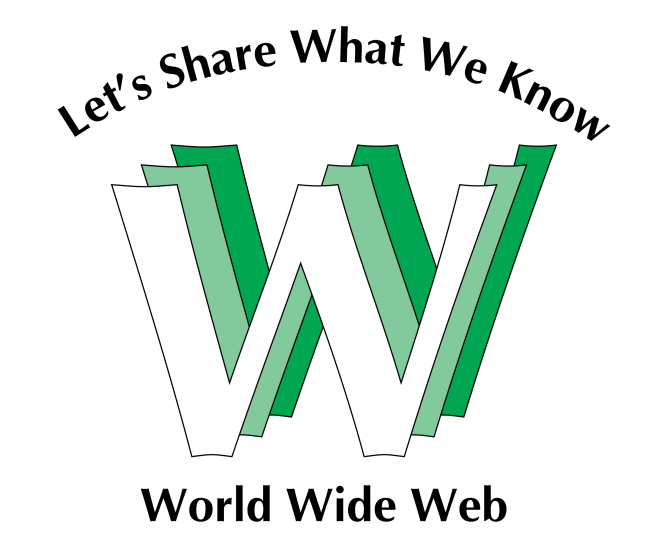 Web creator's concerns and suggested fix
Web creator's concerns and suggested fix
Tim Berners-Lee, or Sir Tim Berners-Lee, is the engineer who invented the World Wide Web 35 years ago. The Internet, the underlying communication technology, has been around since 1983 (officially); the web as we know it, with hypertext and ever-growing capabilities, was introduced in 1989. Thirty-five years into the future, Mr. Berners-Lee is frustrated to see what’s become of his invention, but he’s not losing heart and offers a solution to the pesky problem of online privacy.
Long time ago…
Given the pace at which technology develops nowadays, 35 years do feel like a long time ago. At the outset, the World Wide Web was a tool enabling scientists to easily share information using the already-existing communication infrastructure. Tim Berners-Lee was an engineer at CERN (the Large Hadron Collider is there), and he only wished to facilitate exchange of data/opinions/ideas for the sake of scientific advancements.
You could say that things quickly got out of hand, but this wouldn’t be true: this phrase implies a disaster, and the web has been anything but. Yes, it’s brought around a lot of dark things, but the positives of this communication medium outweigh the negatives 100 to 1.
 The original WWW logo. Image by Fakefunk. Licence CCAA 4.0
The original WWW logo. Image by Fakefunk. Licence CCAA 4.0
And yet, Tim Berners-Lee is frustrated. On March 12, 2024, he published Marking the Web’s 35th Birthday: An Open Letter, which sums up the failed hopes. Initially intended to “allow for collaboration, foster compassion and generate creativity,” in the past decade the World Wide Web has become so dysfunctional that it actually turned into a medium harming those three C’s, as Sir Berners-Lee calls them. The free expression online medium has acquired all the specific traits of offline markets ruled by transnational corporations.
Solid Protocol by Tim Berners-Lee
A big problem of the web, according to its creator, is lack of any respect for personal privacy and data. Corporations that have built social networks and streaming services excel at making the most out of what they know about us, the consumers. Moreover, they perfect the tools of learning more about us, our intentions and desires, and surmising what can’t be learned.
Tim Berners-Lee sees the better incarnation of the web in Mastodon, Bluesky, and GitHub: these services don’t seek to capitalize on what they know about their users, yet they offer convenient online spaces where like-minded people can talk, share ideas, and collaborate. To make the rest of the web more human-centric, Sir Tim suggests adopting the Solid Protocol, which, essentially, aims to let users decide what information about them is shared with service providers and what should remain private.
Mr. Berners-Lee is a respected figure, and his project may catch on; in the meantime, if you’re looking to up the level of your online privacy, check out this piece we’ve published previously:
Beyond Do Not Track: online privacy tips
The Solid Protocol, as most new undertakings, needs some time in the real world to take its ultimate shape. We’ll keep watch and report on developments thereof.



